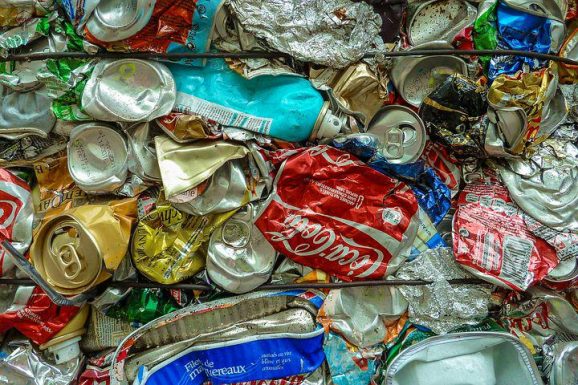Learn about the benefits of selective waste collection and recycling on the environment and society.
Selective collection and recycling often reduce the negative impact of waste affecting the environment and society.
Selective waste collection involves the management of waste, by their temporary storage, by categories, in specially arranged places, for recycling.
Recycling is the collection, separation and processing of products / materials already used or some of their components to be transformed into new useful goods.
• Paper recycling saves about 25% of the amount of electricity and 90% of the amount of water used to produce one kilogram of paper;
• Cardboard boxes used for packaging beverages (milk, juices, for example) are made of paper protected by thin layers of plastic (polyethylene). Aseptic boxes have a thin layer of aluminium that makes it easier to keep the contents fresh for longer, without the need for preservatives, as this prevents oxygen and light from entering the package. Boxes of this kind can be recycled.
• A wide range of products can be manufactured from recycled PETs: roof insulation films, components for the automotive industry or for lighting fixtures, kerosene for aircraft, textiles, etc. At the same time, very large spaces are required for PET storage. So, it is best to contribute to their recycling.
Waste spends different periods of time in the process of natural grading biodes, aided by moisture, bacteria, lack of light, etc.:
• fruit and vegetable peels – 2-5 months;
• a paper bag – 3-5 months;
• newspapers – 3-12 months;
• a matchstick – 6 months;
• chewing gum – 5 years;
• a leather shoe – 25-50 years;
• a dose of aluminum – up to 100 years;
• a PET – over 500 years;
• a credit card – about 1000 years;
• a glass container – 1,000,000 years old

